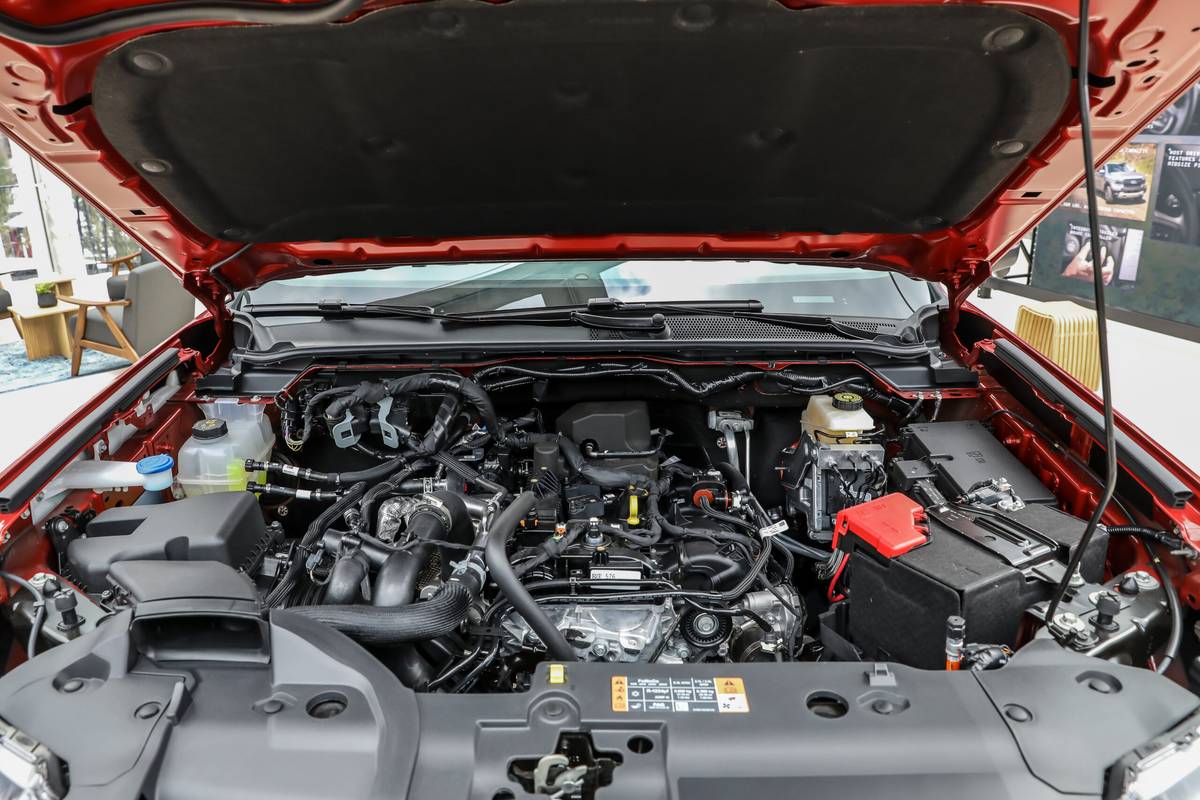What Makes an Automobile Engine Run Efficiently: Top Tips for Optimum Care
The smooth procedure of a car engine is fundamental to both performance and longevity, making optimal treatment a crucial duty for lorry proprietors. What details actions should you focus on to ensure your engine stays in peak condition?
Regular Oil Adjustments
Among the most essential aspects of auto upkeep is ensuring your engine gets normal oil changes. Engine oil lubes interior parts, reduces friction, and aids maintain optimum operating temperature levels. With time, oil breaks down due to warmth, pollutants, and the natural results of combustion, leading to minimized efficiency and possible engine damage.
Most suppliers recommend transforming the oil every 5,000 to 7,500 miles, however this period can vary based upon driving conditions and oil kind. As an example, artificial oils may enable longer intervals in between modifications. Normal oil modifications not only enhance engine performance yet likewise boost fuel performance, as tidy oil promotes smoother procedure.
Neglecting oil modifications can result in sludge build-up, which impairs blood circulation and can result in extreme engine problems. It is vital to inspect oil levels regularly and check for any type of uncommon modifications in color or uniformity, which might indicate contamination or destruction.
Preserving Coolant Degrees
Preserving correct coolant degrees is essential for avoiding engine getting too hot and making certain ideal efficiency. The coolant, commonly a mixture of water and antifreeze, circulates through the engine, absorbing heat and preventing thermal tension. Inadequate coolant can result in enhanced engine temperatures, which may cause severe damages and even complete engine failing.
To preserve ideal coolant levels, frequently examine the coolant tank, typically located in the engine bay. Ensure the coolant is filled to the advised mark, as shown in your automobile's proprietor handbook. It is recommended to check the degrees at the very least once a month or soon journeys, specifically during extreme weather.
If you see that the coolant degree is constantly low, there may be a leak in the air conditioning system, which must be attended to quickly to stop more issues. 2.2 ford ranger engine. Additionally, purging the coolant system every two to three years can assist remove any kind of collected debris and make sure effective heat exchange
Checking Air Filters

It is recommended to inspect the air filter every 12,000 to 15,000 miles, or extra often if driving in negative or dusty conditions. A straightforward visual examination can typically disclose whether the filter is dirty or damaged. It ought to be changed without delay. if the filter appears stained or has noticeable dust build-up.
Using a high-quality air filter developed for your details vehicle design can better boost engine performance. Furthermore, some automobiles may benefit from recyclable filters that can be cleaned up and re-installed, giving a ecologically pleasant and cost-effective choice.
Inspecting Flicker Plugs
Ignition system are essential components of a car's ignition system, directly affecting engine efficiency and effectiveness. They produce the stimulate that stirs up the air-fuel combination in the burning chamber, promoting the engine's power generation. Normal inspection of spark plugs is important for preserving optimum engine feature and protecting against possible issues.
Dark soot or oil down payments can suggest inappropriate burning, while a raw or white appearance might suggest getting too hot. Both conditions call for instant attention to stop further engine damage.
It's a good idea to examine ignition their website system every 30,000 miles, or as suggested in your car's proprietor handbook. In addition, think about changing them according to the producer's standards, as old or worn spark plugs can bring about misfires, decreased gas efficiency, and boosted emissions.
Tracking Tire Stress
Under-inflated tires can lead to lowered gas performance, increased tire wear, and compromised handling. Routine tracking of tire stress is crucial for ideal automobile operation.
Tire stress must be checked at least as soon as a month and before lengthy trips. Make use of a trustworthy tire stress gauge to measure the stress when the tires are cool, ideally Get the facts before the vehicle has actually been driven for a minimum of 3 hours. Describe the automobile's owner handbook or the placard located on the chauffeur's side door jamb for the producer's recommended stress degrees.
It is very important to keep in mind that tire pressure can fluctuate with changes in temperature; a decline of 10 ° F can result in a 1-2 psi decrease in stress. In addition, visually examine tires for any indicators of wear or damages during your monitoring regimen. Keeping appropriate tire pressure not only boosts car safety but additionally enhances fuel efficiency and lengthens tire life, eventually adding to a smoother engine performance.
Verdict
To conclude, preserving an auto engine's smooth procedure needs diligent attention to numerous crucial factors. Normal oil adjustments, appropriate coolant levels, clean air filters, well-maintained ignition system, and ideal tire pressure jointly add to enhanced efficiency and durability. Abiding by these upkeep practices not just boosts fuel performance yet likewise promotes a much safer driving experience. Ultimately, a positive approach to engine care recommended you read is essential for making sure reliability and performance with time. 2.2 ford ranger engine.
One of the most important facets of vehicle upkeep is ensuring your engine gets routine oil adjustments. Engine oil lubricates internal elements, lowers rubbing, and helps preserve ideal operating temperature levels. Regular oil changes not only enhance engine efficiency but also boost gas efficiency, as clean oil promotes smoother operation.
Insufficient coolant can lead to enhanced engine temperatures, which may trigger serious damage or even overall engine failure.
